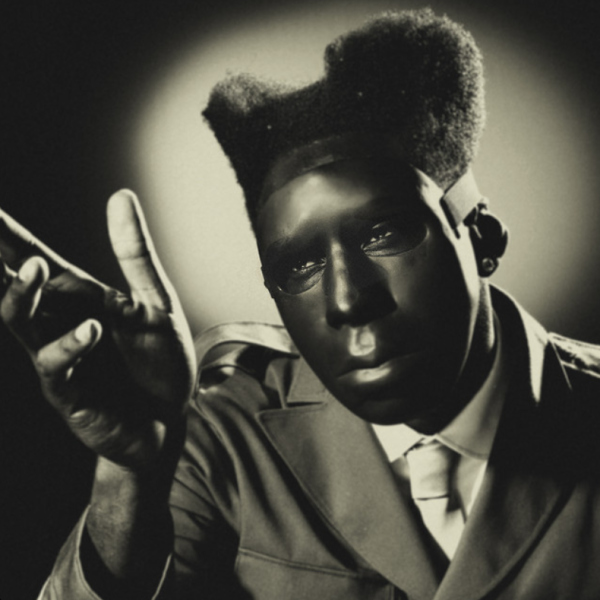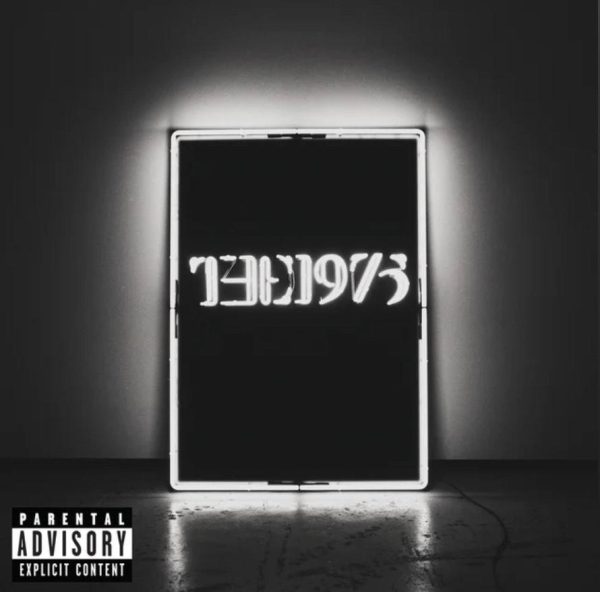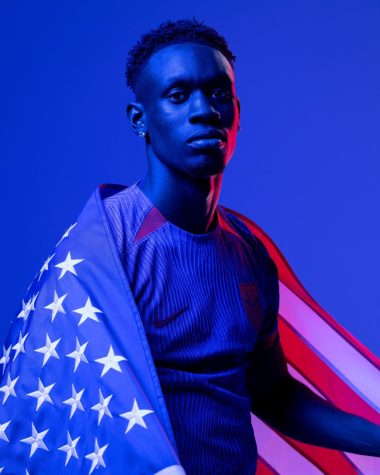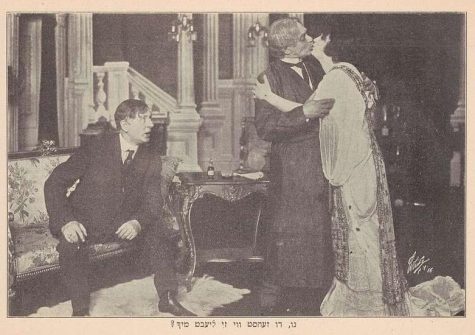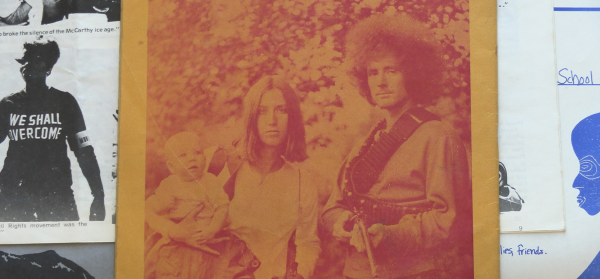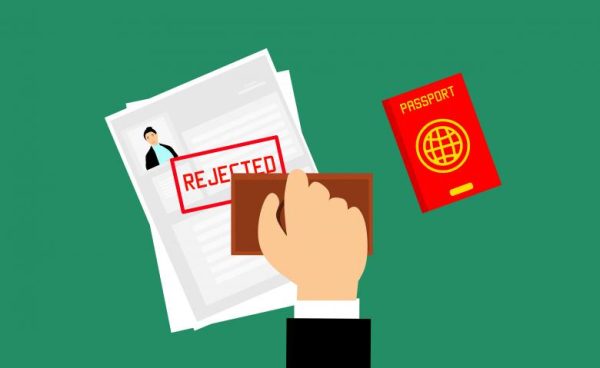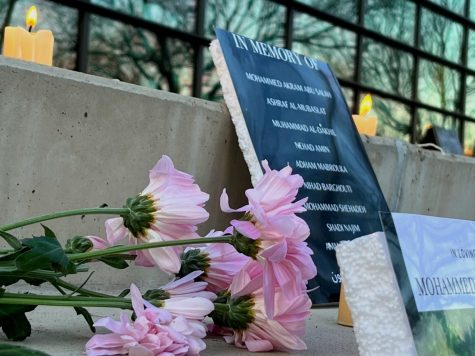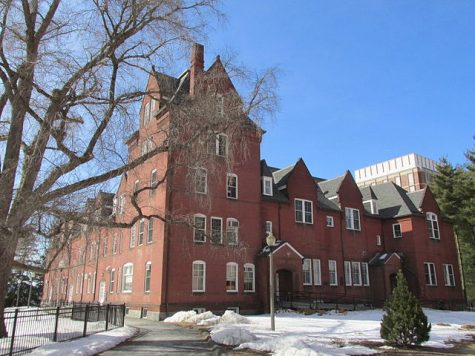Breaking down Michael Cohen’s testimony
Cohen’s testimony before Congress offered new details about Trump’s illegal activities during his presidency.
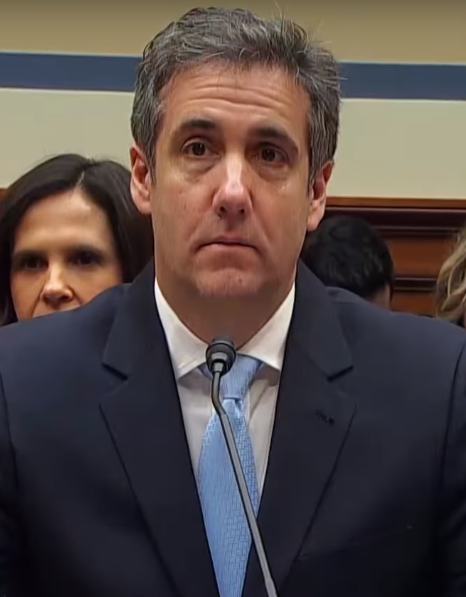
Micheal Cohen before Congress. (Wikimedia Commons)
Michael Cohen, former personal lawyer for President Donald Trump, testified before Congress about their partnership and the president’s knowledge of the illegal activities that have been discovered throughout the campaign. Cohen testified before the House Oversight Committee on Feb. 27 describing President Trump as a “con man” and a “racist.”
Now, in the wake of the Mueller investigation clearing the president of any involvement in Russian collusion, Cohen’s inflammatory testimony is being seriously called into question.
Cohen was sentenced to three years in jail in December for his involvement in two illegal hush money payments to women which violated campaign finance laws and lying to Congress about a Trump Tower project in Russia. During his guilty-plea, Cohen confessed that these illegal hush money payments were at the direction of Trump to prevent information that could harm his chances in the election from going public.
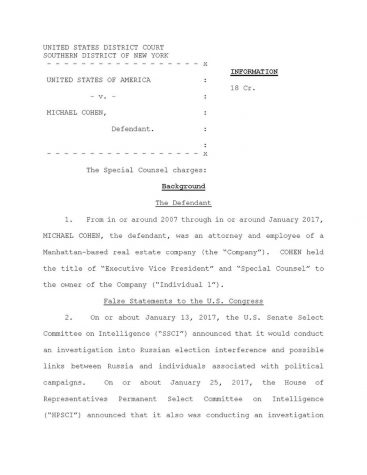
(Department of Justice/Robert S. Mueller, III)
During the testimony, Cohen expressed that Trump had extensive knowledge about the Trump Tower and Russian interference than previously admitted. Cohen claimed that he had witnessed Donald Trump Jr. notifying his father in person about the meeting prior to it occurring. Investigators later discovered that Trump’s associates were meeting a group of Russians in the hopes of receiving damaging information about the Democratic nominee Hillary Clinton.
The Trump Tower meeting was one of the subjects of Special Counsel Robert Mueller’s investigation into Russian meddling in the 2016 election and Natalia Veselnitskaya, a Russian lawyer who was present, has already been charged with obstruction of justice and money laundering. Cohen’s statement is important considering it contradicts Trump’s written response to Mueller that he had no knowledge of the Trump Tower project happening, as well as Mueller’s overall report.
Cohen also told the committee that Trump had previously known about WikiLeak’s release of the DNC emails by Roger Stone on a phone call. Trump refuted that as well, telling Mueller in written statements that he had no knowledge of the Russian’s hack into the emails and didn’t speak with Roger Stone about the incident. Stone has been under investigation about his involvement with WikiLeaks in regard to the emails and has pleaded not guilty to charges of obstructing justice and lying to Congress.
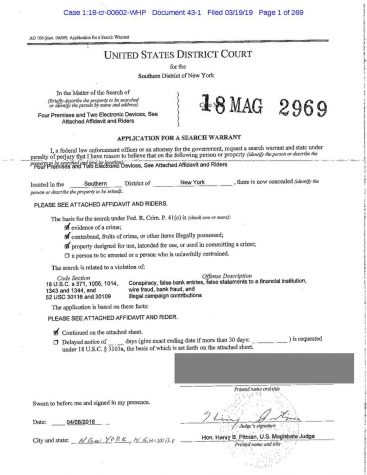
(Wikimedia Commons/U.S. Attorney’s Office)
Cohen said that Trump covered the costs of the illegal hush money payments while in office and claimed Trump’s lawyers told him to lie to Congress about the Trump Tower project. He mentioned that Trump’s lawyer, Jay Sekulow, told him to change his statements about the Trump Tower project, and to cover up the duration of how long the talks went and Trump’s involvement himself.
Cohen expressed his fear that if Trump loses the 2020 election that there would not be a peaceful transition of power. Trump has enjoyed a Justice Department policy that states that a sitting president cannot be indicted; furthermore incentivizing him to utilize the presidency as a way to avoid mounting allegations and investigations into him and his inner circle.
Trump has since attacked Cohen after his testimony, specifically claiming that he had asked for a pardon and was denied. This admission contradicts Cohen’s statement in Congress that he had never asked for one. His lawyer, Lanny J. Davis, admitted that Cohen’s previous lawyer had spoken about a pardon after the FBI raid into Cohen’s work office and home. Now, there is an internal debate and conflict to figure out the truth between Cohen’s word against President Trump’s.
Email Nicholas at [email protected]


